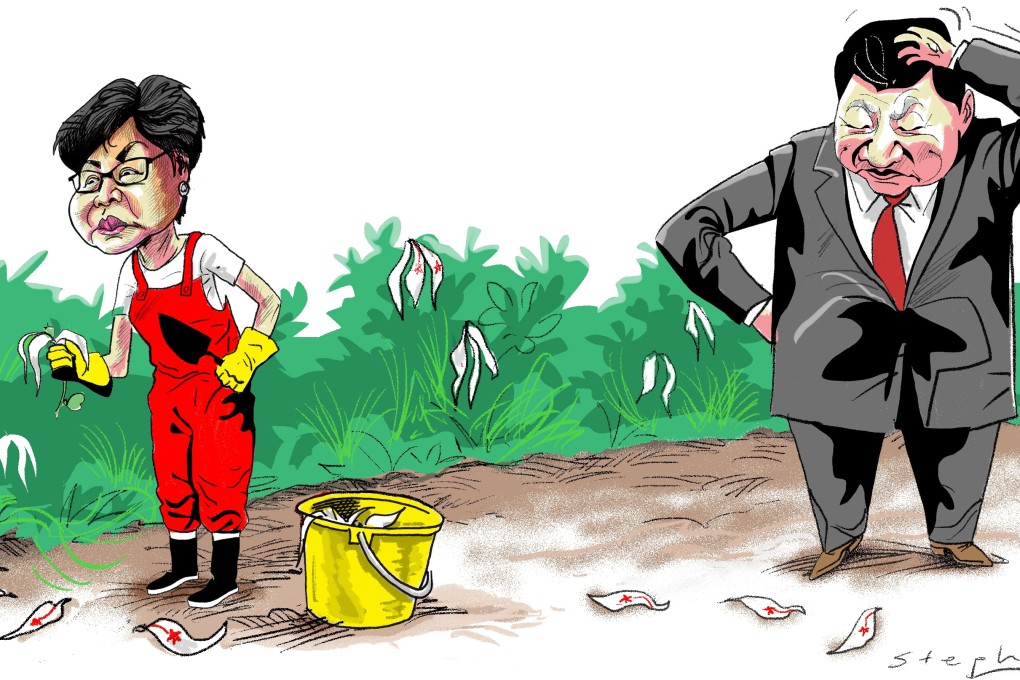Lessons from Hong Kong’s protests: Carrie Lam is a liability, the leadership selection process doesn’t work, but the right kind of demonstration can
- Hong Kong’s protesters should remember they have succeeded so far because of Carrie Lam’s political ineptitude in seeking to rush the extradition bill through the legislature, and because their resistance hasn’t directly challenged Beijing

The massive protests in Hong Kong in recent weeks have showed the depth of its citizens’ determination to uphold their democratic way of life – something they were supposedly guaranteed when Britain returned sovereignty over the city to China in 1997. Moreover, the protests hold three powerful lessons: for Hong Kong’s chief executive, Carrie Lam Cheng Yuet-ngor, for the demonstrators themselves, and for China’s rulers.
There is no evidence that China gave Lam detailed instructions on enacting the law. Instead, she seems to have taken it upon herself to introduce it. However, Lam exceeded her remit by making the proposed extradition law applicable not only to fugitive mainland Chinese, but also to all ordinary Hong Kong citizens, as well as foreigners temporarily living in or visiting the city.


